The constant addition of new technologies to new vehicles continues to give automakers problems with quality, according to J.D. Power’s latest Initial Quality Study. The same study shows Ram and Porsche were the top quality brands in their categories. Go to Headlight.News for more details.

The annual J.D. Power Initial Quality Study shows that Porsche owners are the most pleased with their purchase.
The annual Power Initial Quality Study, or IQS, revealed that Stellantis’ truck brand, Ram, continues to get it right according to its customers. Ram scored the highest among mass market brands in the latest IQS with 149 problems per 100 vehicles (PP100) with Chevrolet (160) and Hyundai (162) finishing second and third.
When it comes to premium brands, Porsche tops the list at 172 PP100. Lexus (174) and Genesis (184). The industry average is 195 with the less complicated mass market average coming in at 181 and premium brands averaging 232. Eighteen brands finished above the industry average with 13 falling short.
Company results
The parent corporation receiving the most model-level awards is General Motors Co. (six awards), followed by Hyundai Motor Group and Toyota Motor Corp., each with four awards. Among brands, Chevrolet receives the most segment awards (four), followed by Lexus (three).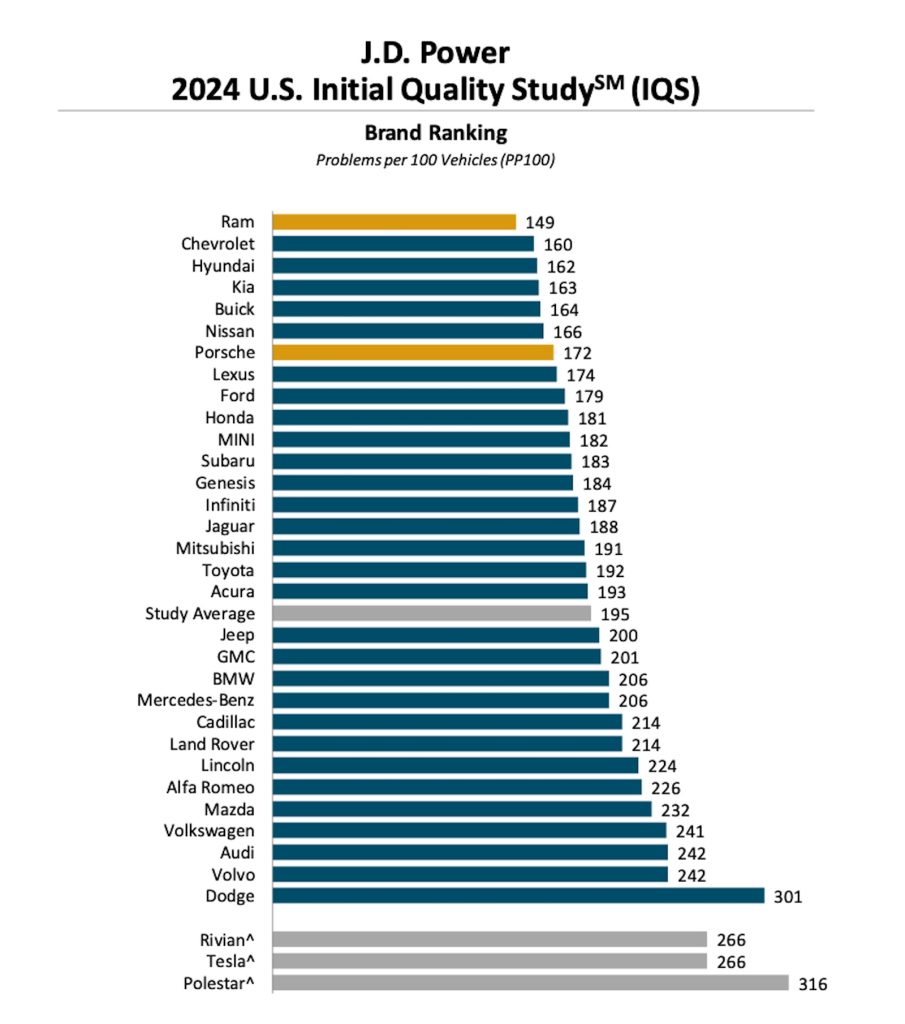
The GM models ranking highest in their respective segment are Cadillac XT5, Cadillac XT6, Chevrolet Equinox, Chevrolet Silverado HD, Chevrolet Tahoe and Chevrolet Traverse. Second-place finisher Hyundai Motor Group models that rank highest in their respective segment are Genesis G80, Hyundai Santa Cruz, Kia Carnival and Kia Forte.
Toyota Motor models that rank highest in their respective segment are Lexus IS, Lexus LC, Lexus UX and Toyota Camry. The Japanese automaker boasts the highest-ranking model overall, the Lexus LC, with 106 PP100.
Electric vehicles
The struggle of electric vehicles is real, and it extends to the IQS. Even though owners are typically evangelists for EVs, they’re also telling Power these vehicles should be “less problematic and require fewer repairs than gas-powered vehicles.” They note that EVs have fewer parts so this should make them less complicated.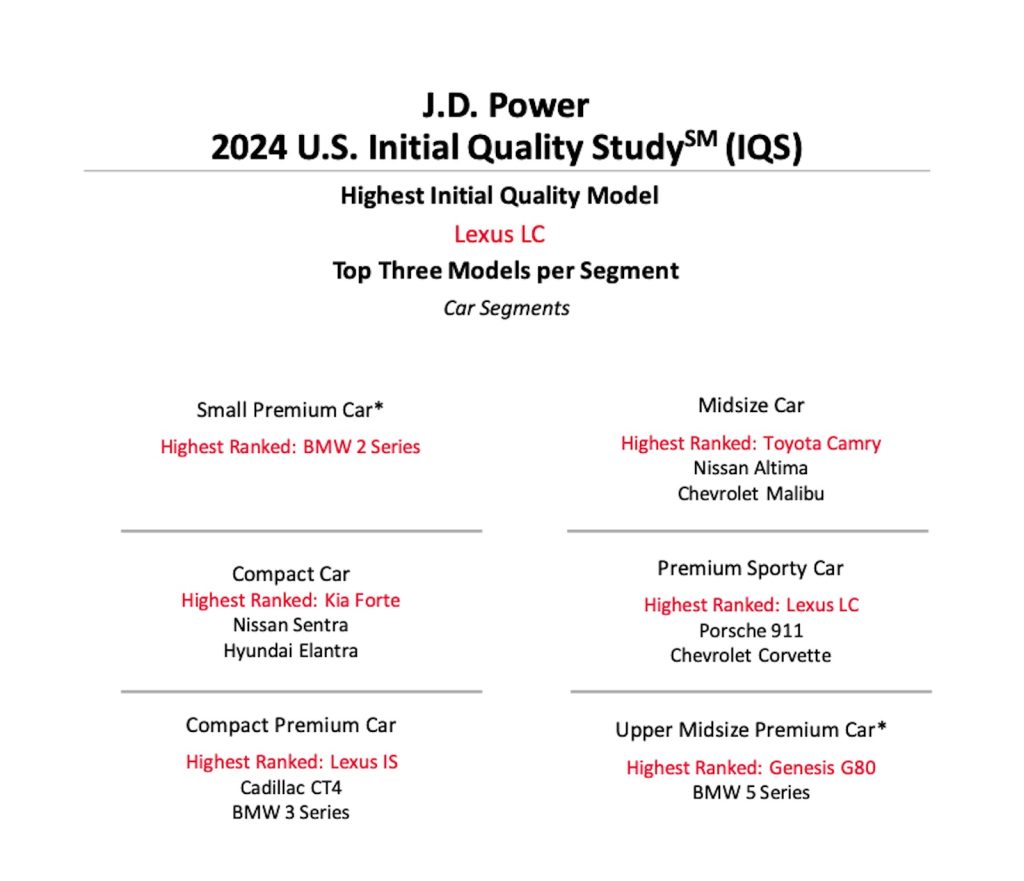
Other studies show that the EVs costs are higher for the first year of ownership, but then fall sharply after that, being less expensive to own in the long run. However, the IQS covers the first 90 days of ownership.
“Owners of cutting edge, tech-filled BEVs and PHEVs are experiencing problems that are of a severity level high enough for them to take their new vehicle into the dealership at a rate three times higher than that of gas-powered vehicle owners,” said Frank Hanley, senior director of auto benchmarking at J.D. Power.
Gas- and diesel-powered vehicles average 180 PP100 this year, while BEVs are 86 points higher at 266 PP100. While there are no notable improvements in BEV quality this year, the gap between Tesla’s BEV quality and that of traditional OEMs’ BEV quality has closed, with both at 266 PP100.
In the past, Tesla has performed better, but that is not the case this year and the removal of traditional feature controls, such as turn signals and wiper stalks, has not been well received by Tesla customers, Power officials noted.
More Study Stories
- New Study Finds Tesla the “Most American-Made” Brand — But Foreign Marques Dominate
- Today’s EV Skeptics are Tomorrow’s EV Buyers, Study Says
- Breathe Easy, San Francisco: Study Finds EVs are Cleaning the City’s Air
Problem areas
The study also looks at specific issues plaguing new vehicles, starting with the fact that a significant number of vehicle owners don’t understand what they’re looking at when a warning light illuminates on the dashboard.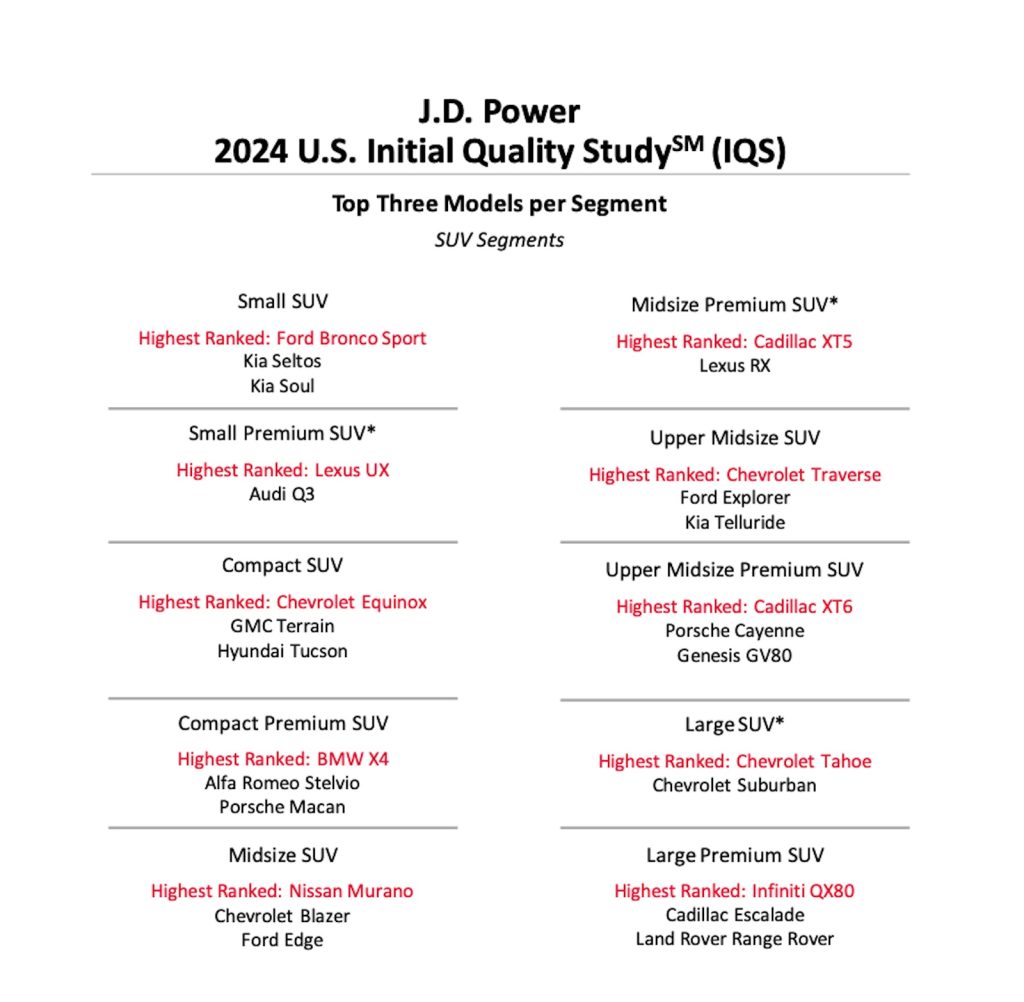
For instance, rear seat reminder technology, designed to help vehicle owners avoid inadvertently leaving a child or pet in the rear seat when exiting the vehicle, contributes 1.7 PP100 across the industry.
Shockingly, Apple CarPlay and Android Auto find ways to irritate buyers as they are in the top 10 of complaints. Customers most frequently experience difficulties connecting to their vehicle or losing connection.
More than 50% of Apple users and 42% of Samsung users access their respective feature every time they drive, illustrating that customers want their smartphone experience brought into the vehicle and also desire the feature to be integrated wirelessly.
“It is not surprising that the introduction of new technology has challenged manufacturers to maintain vehicle quality,” Hanley said. “However, the industry can take solace in the fact that some problem areas such as voice recognition and parking cameras are seen as less problematic now than they were a year ago.”

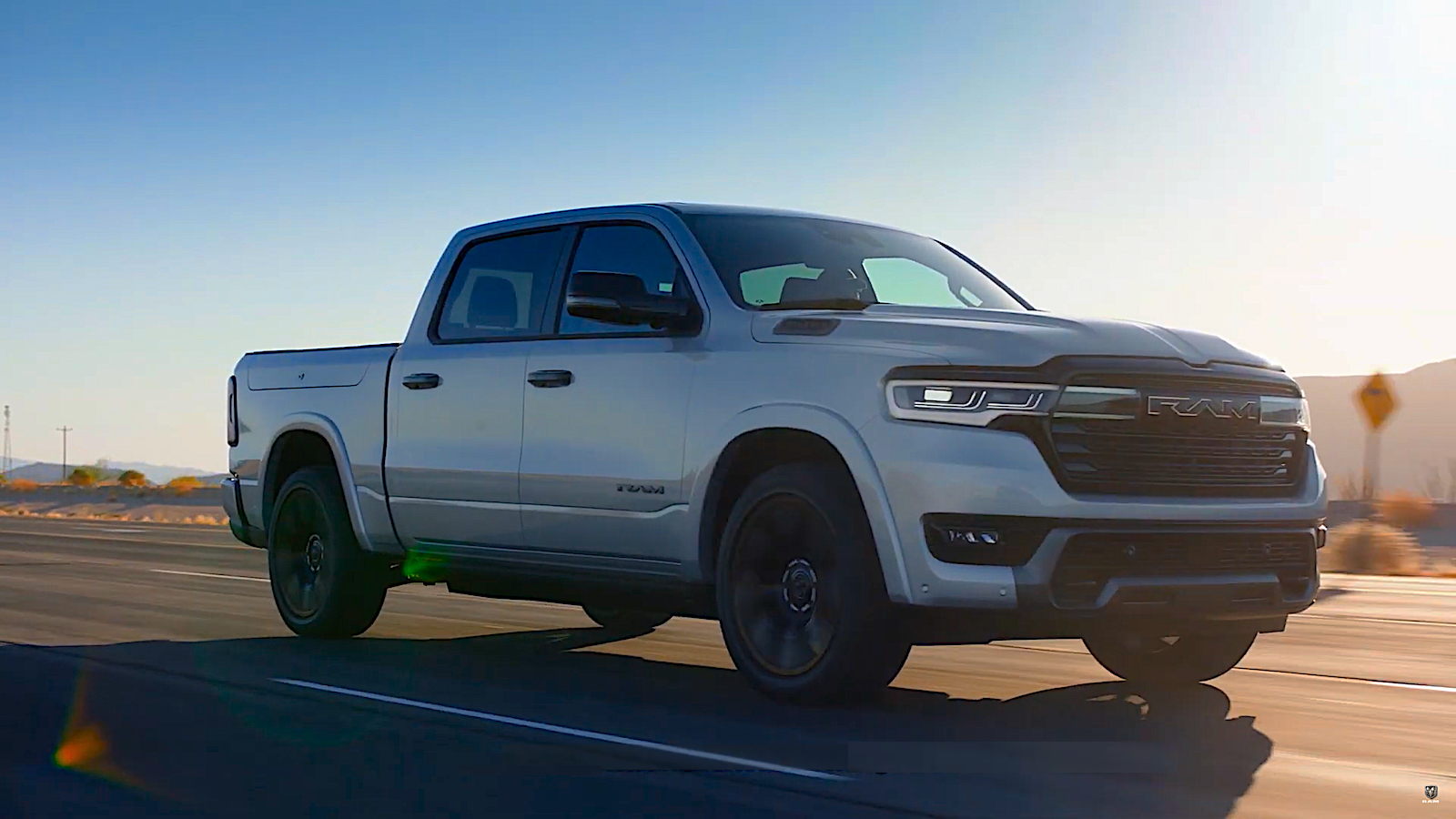
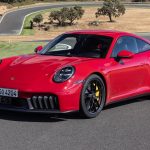
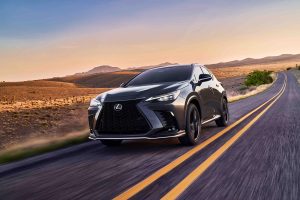
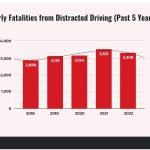

0 Comments